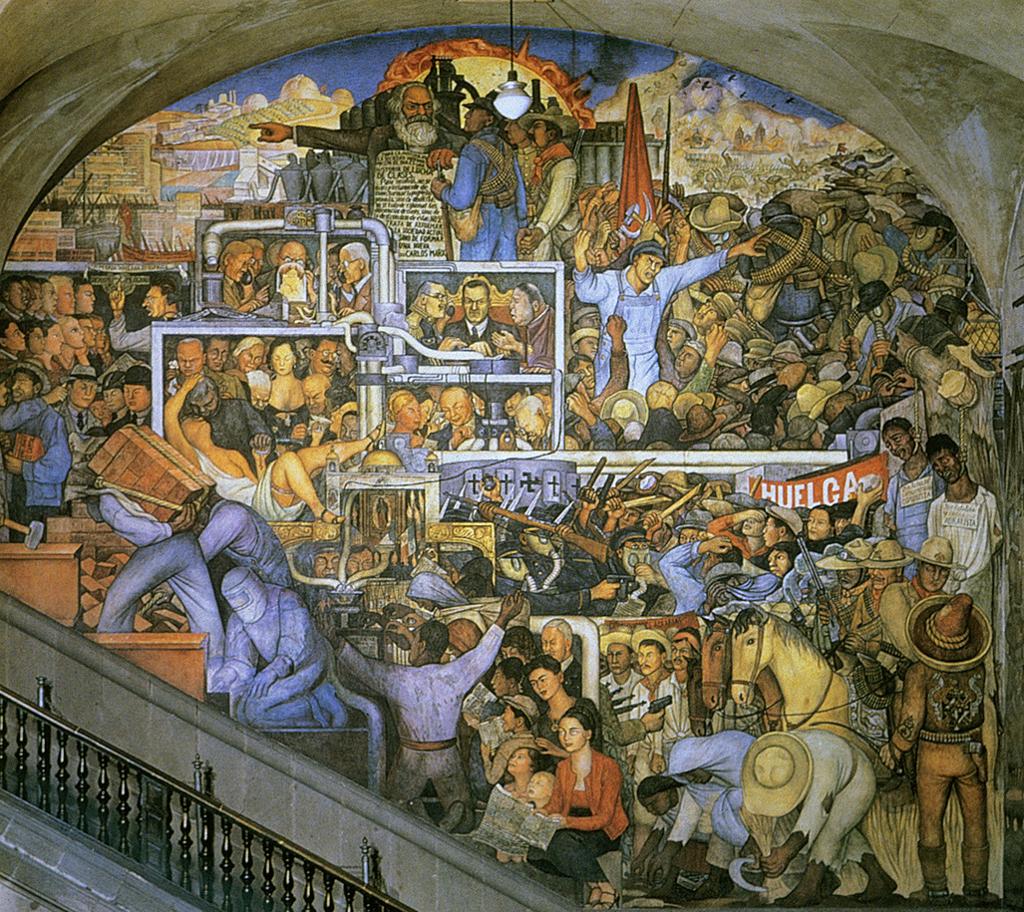
This course is an overview of Latin American culture from an anthropological perspective. Beginning with a brief review of the region’s history, the course moves into a consideration of contemporary issues such as ethnicity and identity politics, social movements, the pluralistic nature of religious expression, and environmental concerns in both rural and urban areas. Some attention will also be given to economic and cultural globalization from the Latin American point of view and the shape of democracy in the wake of war and attempts to reconstruct civil society in several nations living in post-conflict situations. The case studies built into the course deal with Guatemala, Ecuador, and Mexico, but your instructor’s experience in the broader culture region known as Mesoamerica will be used to give special emphasis to the interaction between Native and Spanish culture in both Central and South America. This approach provides a framework for comparison with other contexts (such as the Brazil and the Caribbean) while providing a base for understanding the growing Latino presence in the United States. The ethnographic focus links the people in local communities to the forces of cultural, social, and political change at the level of the nation-state. This link is an interactive one in which human agency assumes particular importance in the production, maintenance, and change of cultural forms both in particular places and in transnational venues.
- Teacher: Matt Samson
